Blog article – 27.01.2021
Five ways how better neurosurgery instruments can make you a better surgeon
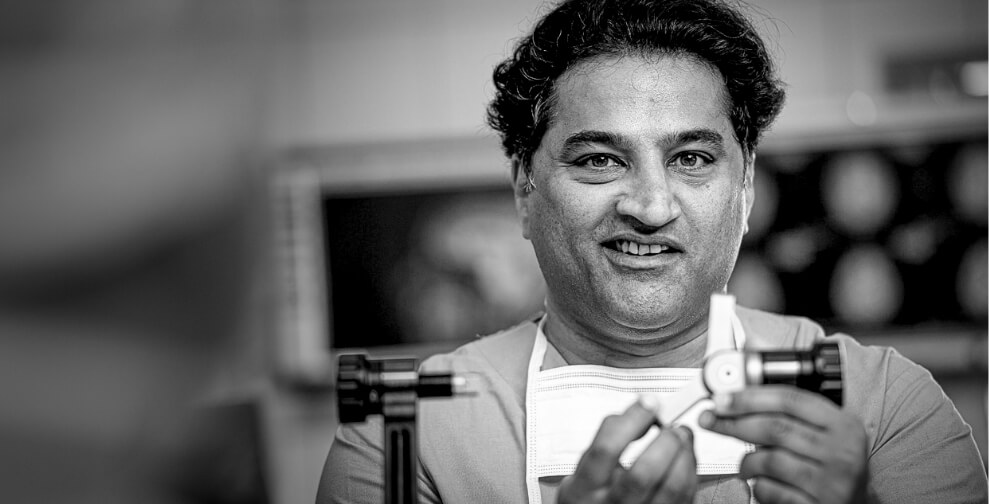
After years of study and experience in the operating theatre, neurosurgeons are highly skilled expert practitioners of their art. However, this does not mean that they cannot improve with better neurosurgery instruments.
Neurosurgical instruments are constantly evolving and, as new high quality surgical instruments appear on the market, these instruments represent opportunities for the best surgeons to get even better: instruments that help them achieve better patient outcomes.
Here are five ways in which a range of better brain surgery tools and instruments can make you a better surgeon:
1. Some neurosurgery instruments are designed to be easier to use
Neurosurgeons are not concerned for their own discomfort. But when the neurosurgical instruments that they choose are not as conveniently designed as they might be, it can only impair the quality of their performance. All instruments, surgical or otherwise, from curettes to cranial drills, must be designed for the job.
Less effort:
evoDrill as an example The range of evoDrills, German made single-use neurosurgical perforators, is a great example. Because they are not designed to be re-used they are always perfectly sharp. Moreover, they are surgical instruments designed to cut in a way that requires less downward force. Instruments that need less force mean more precision and better neurosurgery performance, particularly in a world with an increasing number of female surgeons, who prefer these kinds of surgical instruments.
2. Neurosurgical instruments and implants should require little or no adjustment
During an operation, a surgeon needs all instruments to be ready. While it’s possible to make adjustments to surgical instrumentation and products - for example to cranial implants with bone-machining instruments – the surgeon will be more effective if it fits first time without adjustment. The 5-axis milling technology used by evonos helps to ensure that the evoShape implants we produce need little if any intra-operative adjustment.
3. Neurosurgeon tools should be designed for the whole team
A surgeon does not operate alone. He or she is supported by staff who enable the surgeon to focus on the operation. This involves ensuring that each surgical instrument, from implants and plates to curettes, is available and ready to use when required. For these reasons, their performance will reflect on the performance of the surgeon – and their mistakes in making the surgical instruments ready can affect the patient outcome.
A good example is the way how evoFix instruments for fixing cranial implants are presented. Instead of using multiple trays and having to choose the correct products, theatre nurses have a single, ready-sterilized tray, with exactly the right screws, plates and instruments that are required. Less room for error, and a greater chance of a high quality successful outcome.
4. Neurology tools should be adaptable to suit the patient
Patients come in all shapes and sizes. For the surgeon to perform optimally, their neurosurgery instruments should be personalized or adapted to suit that patient exactly. As mentioned previously, cranial implants must of course replicate the natural contours of the skull - but this precision is extremely important in the neurosurgery instruments used to keep the patient’s head still during the operation. Made by evonos, the evoBase head rest system has a main gear with 90 teeth instead of 40 - which means that the surgeon can have the head positioned to suit the neurosurgery situation perfectly.
5. Great surgeons require great equipment
Most neurosurgery instruments are designed for the more common procedures. However, sometimes the patient presents conditions or trauma that is out of the ordinary. In these cases, the equipment used also has to deliver extraordinary capabilities and quality.
A typical craniotomy, for example, requires a single implant. In cases of severe trauma, the most experienced surgeons will choose multiple plates, effectively re-creating large amounts of the bone. Not every surgical implant company has the ability to produce quality multiple implants that will fit together perfectly, but then not all surgeons can rise to this challenge either. Surgeons can only rise to this kind of challenge if their tools and implants, and the company that makes them, are themselves extraordinary. Good news: evonos can provide you with the best advice and equipment for complex cases requiring multiple implants.


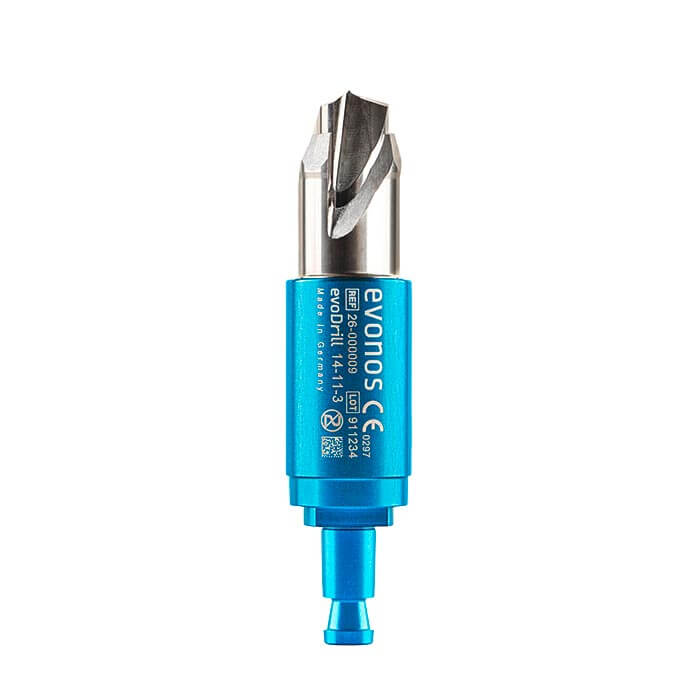 evoDrill
evoDrill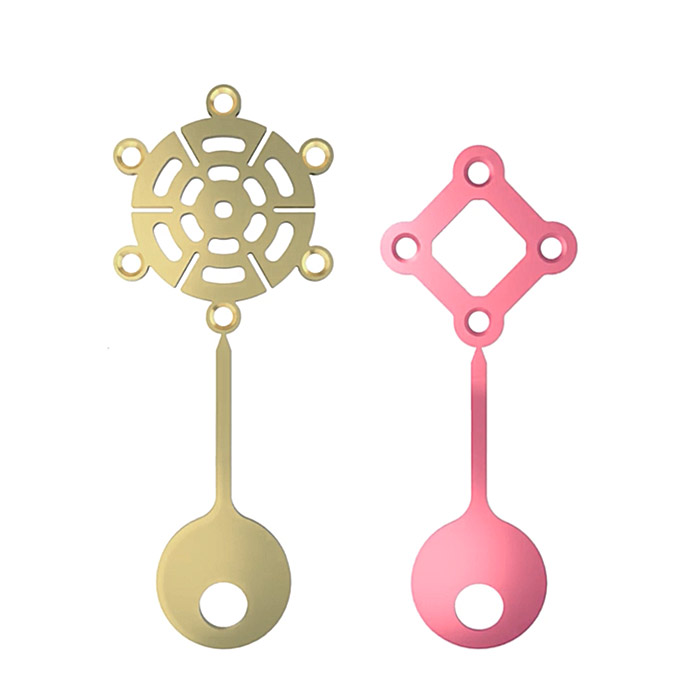 evoFix
evoFix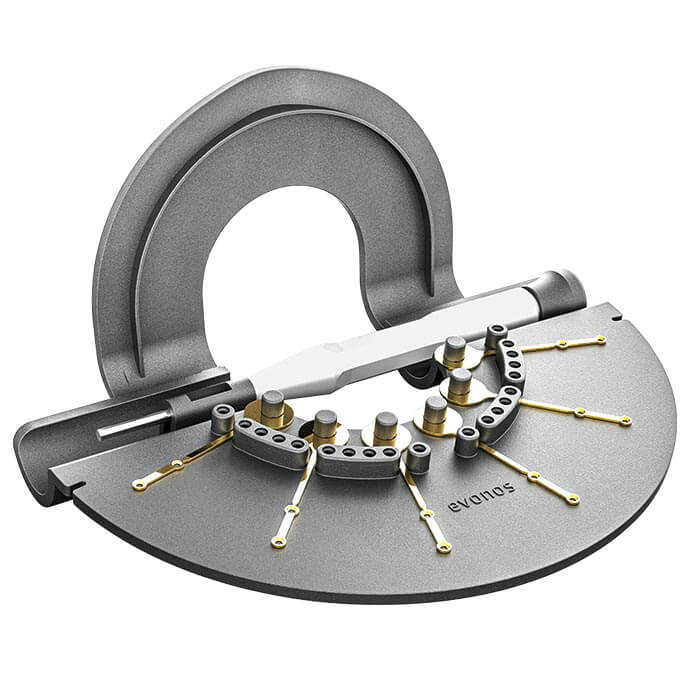 evoFix Sterile
evoFix Sterile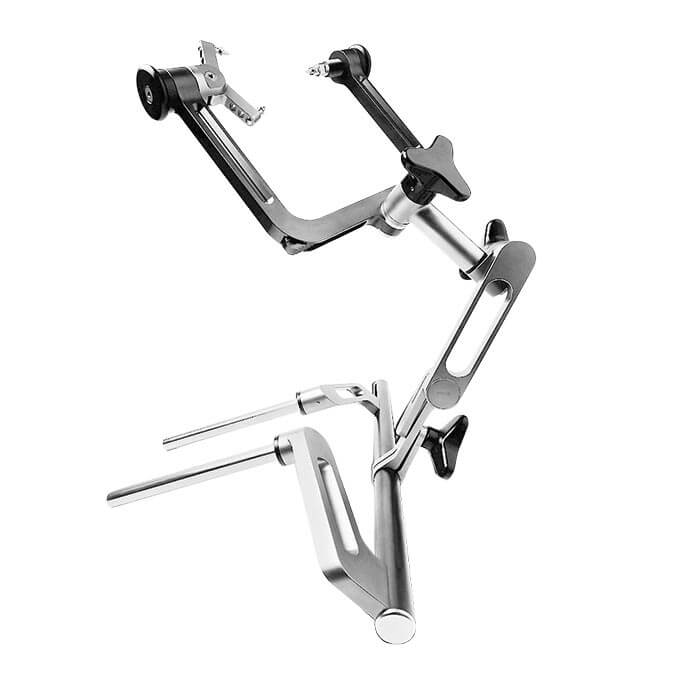 evoBase
evoBase evoShape
evoShape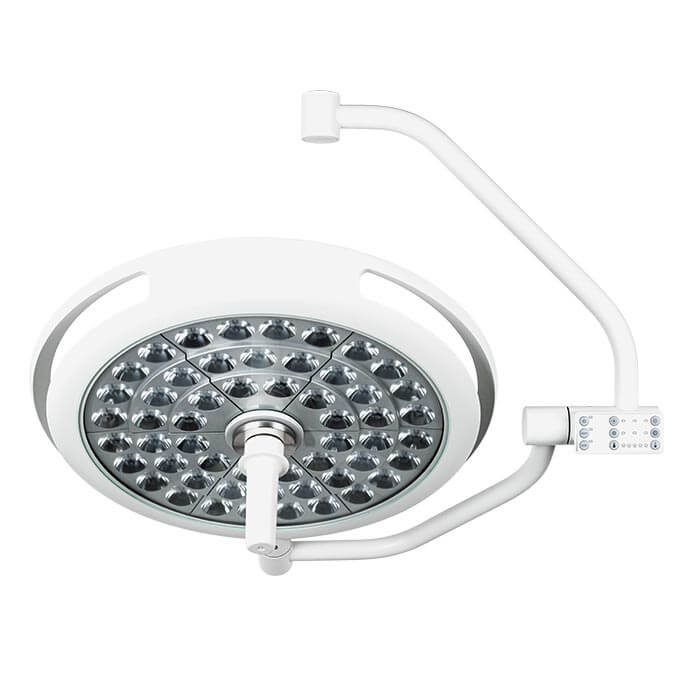 evoLight
evoLight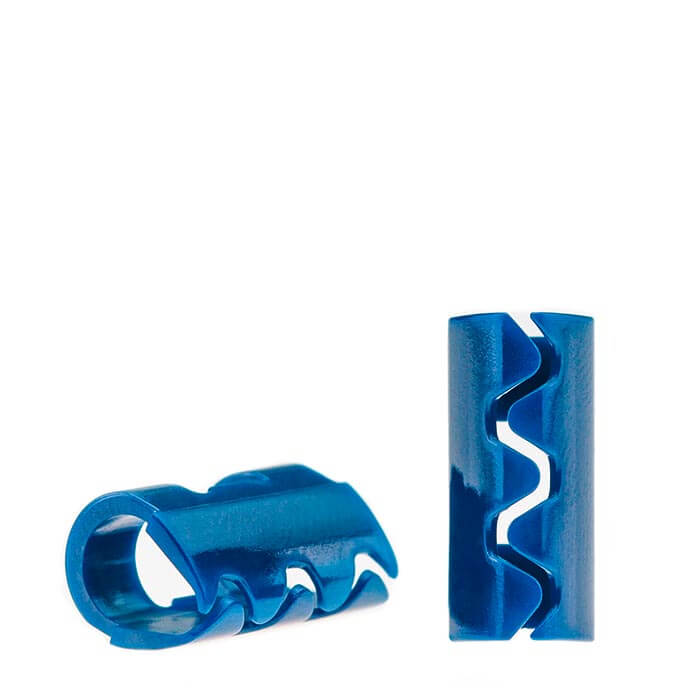 evoClip
evoClip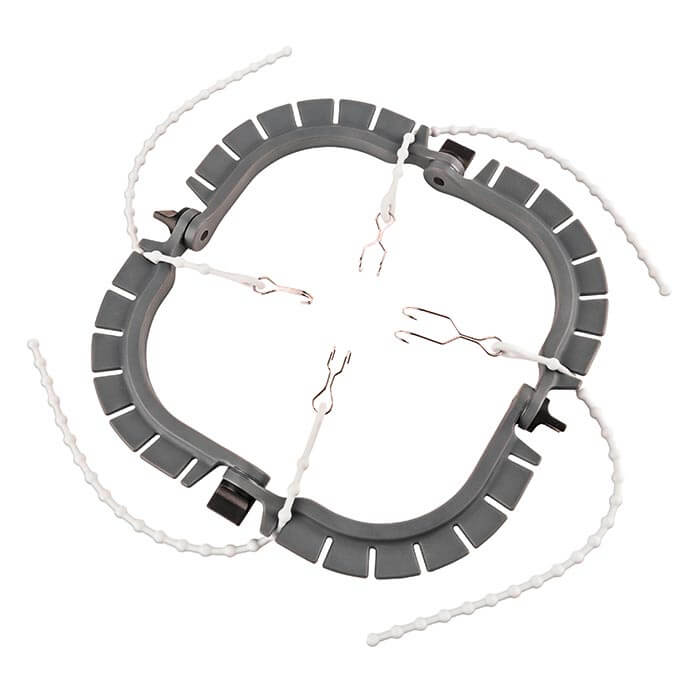 evoFrame
evoFrame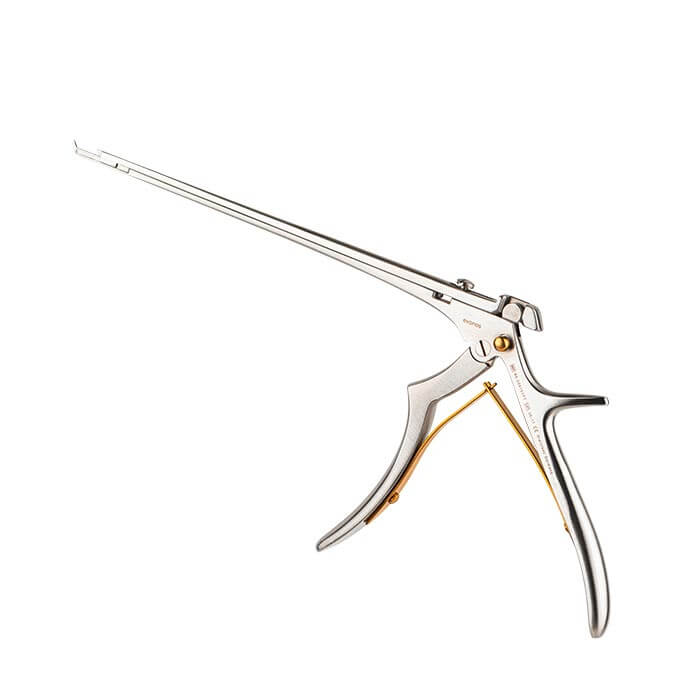 evoBite
evoBite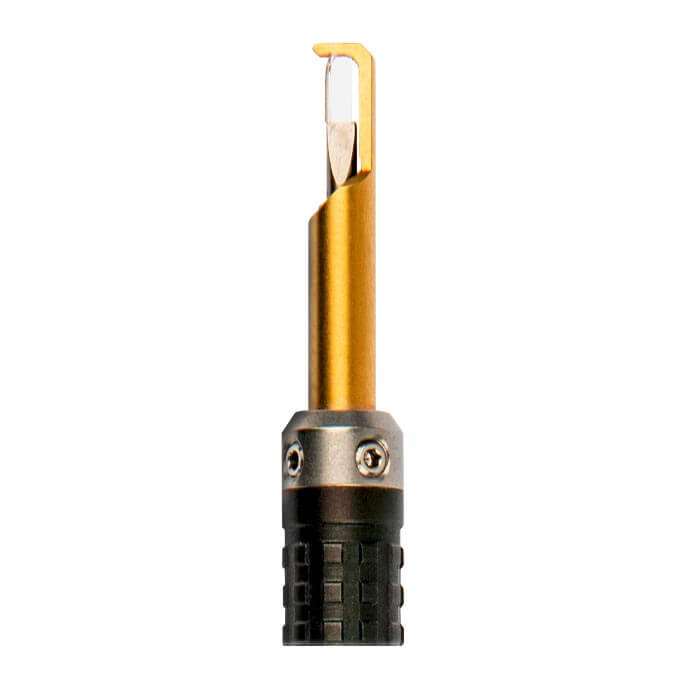 evoCarat
evoCarat